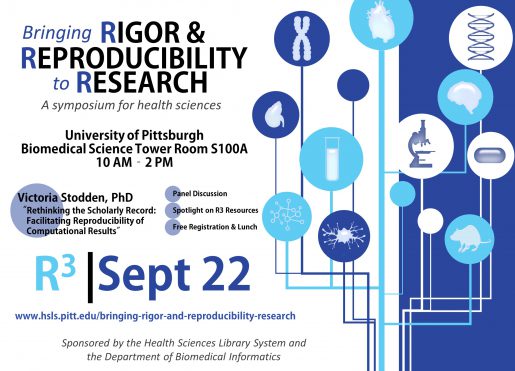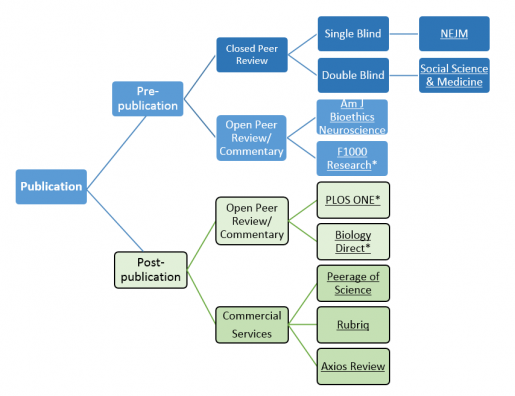
Just in time for the new academic year, HSLS has initiated a subscription to AccessPharmacy. This online resource offers features for students and faculty incorporating pharmacy e-textbooks, drug monographs, and curriculum support. Faculty can find textbook chapters, cases, multimedia, and quizzes with interactive learning modules; while students can prepare for licensing board exams, read texts, prep with flashcards, or access assignments and resources all in one site.
Clinicians can locate calculators, quick answers, patient education handouts, and evidence-based pharmacy topics from featured studies. Patient education handouts are written for either acute, adult, pediatric, or drug topics. Drug topics are available in English and Spanish, while disease topics can be found in up to ten languages.
To use AccessPharmacy, type AccessPharmacy in the search.HSLS box on the HSLS home page or browse the Databases A-Z list.
AccessPharmacy joins our subscriptions to AccessMedicine and AccessSurgery, with remote access on any device once a personalized account is registered. Sign up for a MyAccess account from a Pitt or UPMC networked computer, and you’ll have remote access to content along with personalized favorite resources. You can also access content remotely using Pitt’s remote access service or UPMC Access, even if you don’t have a MyAccess account.
The Custom Curriculum tool enables faculty to create interactive learning modules. To have instructor privileges added to your MyAccess profile, send an e-mail request to customcurriculum@mhprofessional.com, specifying that AccessPharmacy is your preferred resource. The McGraw-Hill User Services team will send an e-mail confirmation when Custom Curriculum instructor privileges have been enabled.
Personal, dynamic, and interactive are some words to describe AccessPharmacy. Discover its utility for yourself!
~Michele Klein Fedyshin








